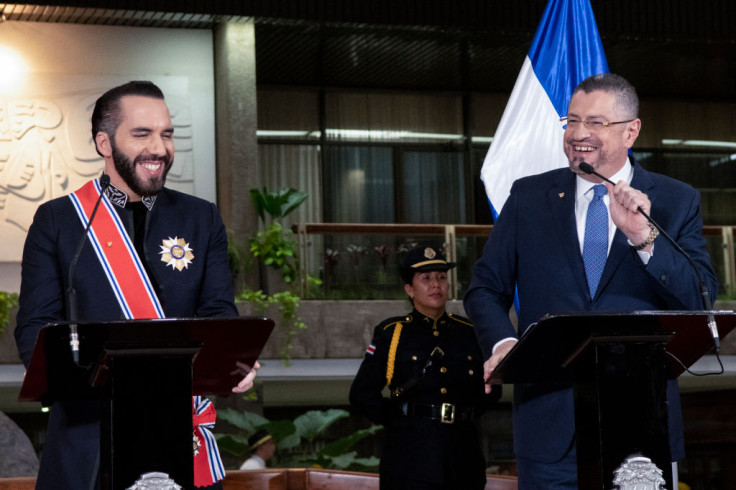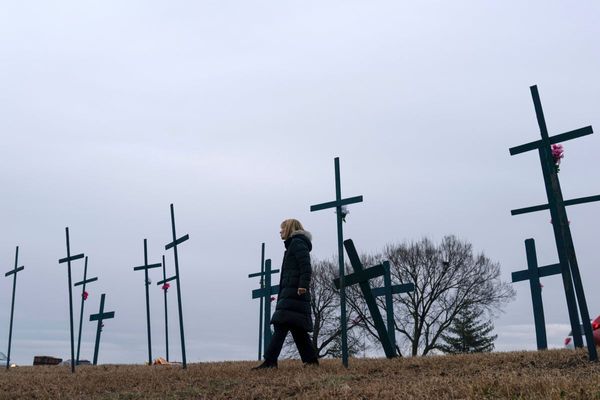
Costa Rica has announced a series of sweeping prison reforms, including the construction of a new high-security facility modeled after El Salvador's controversial mega-prison, CECOT, and in cooperation with Nayib Bukele's government.
CECOT, a high-security prison in El Salvador, was inaugurated in 2023 under President Nayib Bukele's administration to detain alleged gang members. It has gained special notoriety since the Trump administration entered into an agreement with the country to transfer hundreds of deported migrants to its cells.
Costa Rica plans to expand its maximum-security capacity from 80 to 1,000 inmates and begin construction of a $35 million prison inspired by El Salvador's model.
"I personally called my colleague, the highly respected president of El Salvador," said Costa Rican president Rodrigo Chaves, according to local outlet El Mundo. "We spoke by phone, and I said, 'Look at what's happening.' He told me, 'Yes, they came to us with absolutely absurd offers. We managed to do it cheaply and well."
Justice Minister Gerald Campos echoed the president's sentiments:
"Yes, indeed, we went to El Salvador because the numbers didn't add up. Over there, a prison cost $2,500 per inmate; here, it was over $70,000—a substantial difference. And it's not just about the prison—there's also the monitoring system, which started at $17, and we've now awarded it at just over $7"
Campos added that both countries' technical teams "are working together" and have estimated that the construction project, including all the provisioning and related needs, won't exceed $35 million for 5,000 incarcerated individuals. "That's what we have, and that's what we're going to move forward with," the official stated.
International watchdogs such as Amnesty International have expressed concern over the adoption of El Salvador's punitive model, warning of broader implications for regional democratic norms, as The Tico Times explains:
"The government's adoption of the Bukele model, which includes mass incarcerations and reduced inmate privileges, has fueled debate about balancing security and human rights. While supporters credit Bukele's approach with reducing gang violence in El Salvador, detractors warn of its authoritarian overtones and potential to erode democratic protections"
© 2025 Latin Times. All rights reserved. Do not reproduce without permission.










